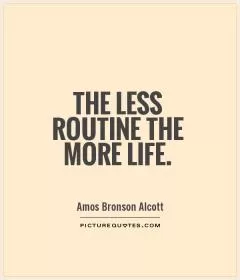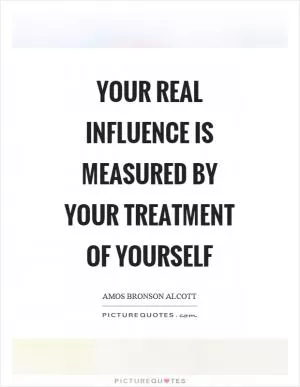One's outlook is a part of his virtue

One's outlook is a part of his virtue
Virtue is often defined as a moral excellence or goodness in a person's character. It encompasses qualities such as honesty, integrity, courage, and compassion. However, one aspect of virtue that is often overlooked is a person's outlook on life. How one perceives the world around them can greatly influence their moral character and ultimately shape their actions and decisions.One's outlook is a part of his virtue because it reflects their values, beliefs, and attitudes towards life. A person who has a positive outlook is more likely to exhibit virtues such as optimism, resilience, and gratitude. They see challenges as opportunities for growth, setbacks as learning experiences, and setbacks as temporary obstacles that can be overcome. This positive mindset not only benefits the individual but also those around them, as they are more likely to inspire and uplift others with their optimism and hope.
On the other hand, a person with a negative outlook may struggle to exhibit virtues such as patience, kindness, and forgiveness. They may be quick to judge, criticize, or blame others for their own shortcomings, leading to a lack of empathy and understanding towards others. This negative mindset can also lead to feelings of resentment, anger, and bitterness, which can cloud their judgment and hinder their ability to make ethical decisions.
It is important to recognize that one's outlook is not fixed and can be changed through self-reflection, personal growth, and mindfulness. By cultivating a positive outlook, one can develop virtues such as humility, compassion, and wisdom, which are essential for leading a virtuous and fulfilling life. This transformation requires effort, dedication, and a willingness to challenge one's beliefs and assumptions about themselves and the world around them.












 Friendship Quotes
Friendship Quotes Love Quotes
Love Quotes Life Quotes
Life Quotes Funny Quotes
Funny Quotes Motivational Quotes
Motivational Quotes Inspirational Quotes
Inspirational Quotes